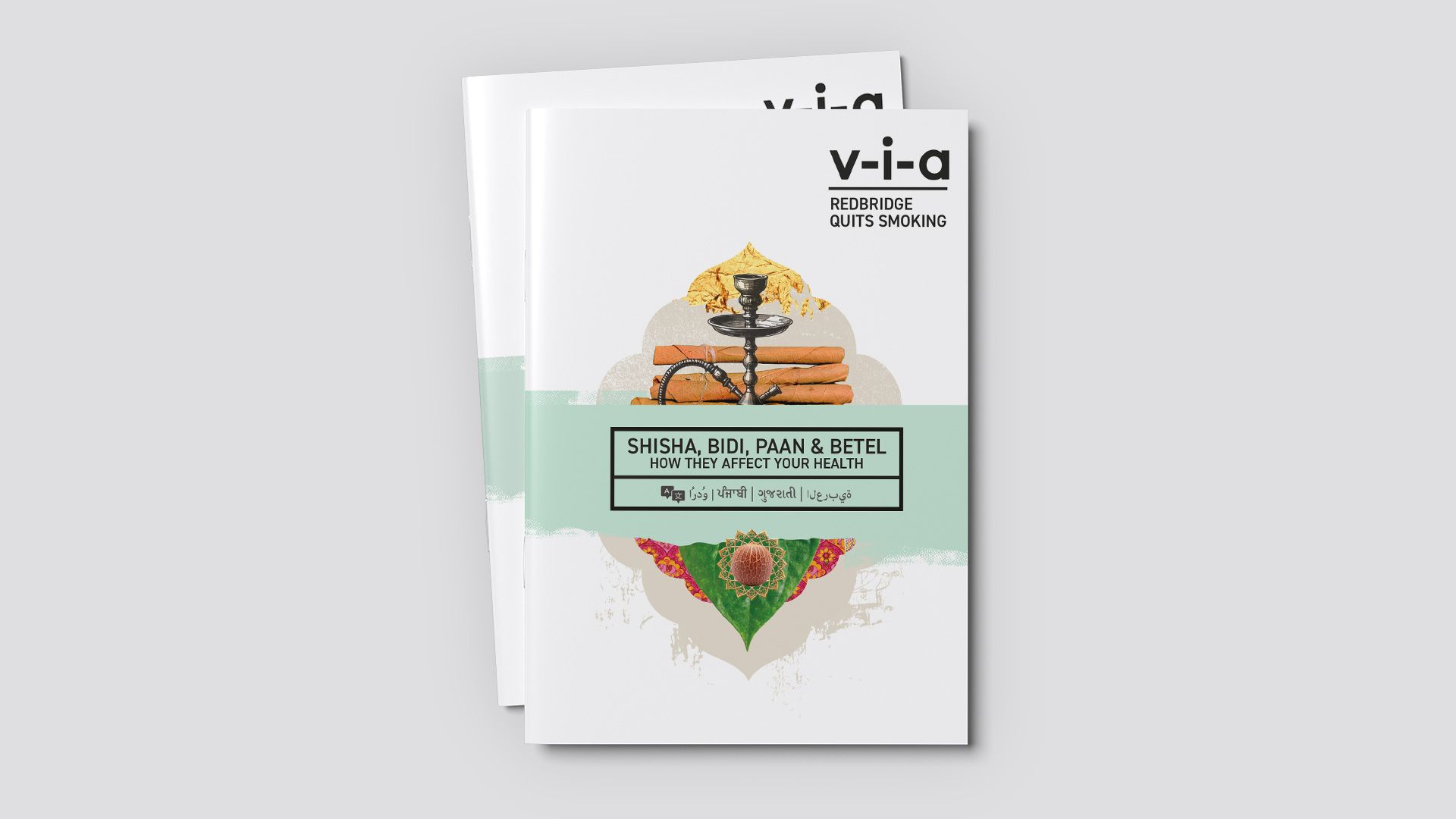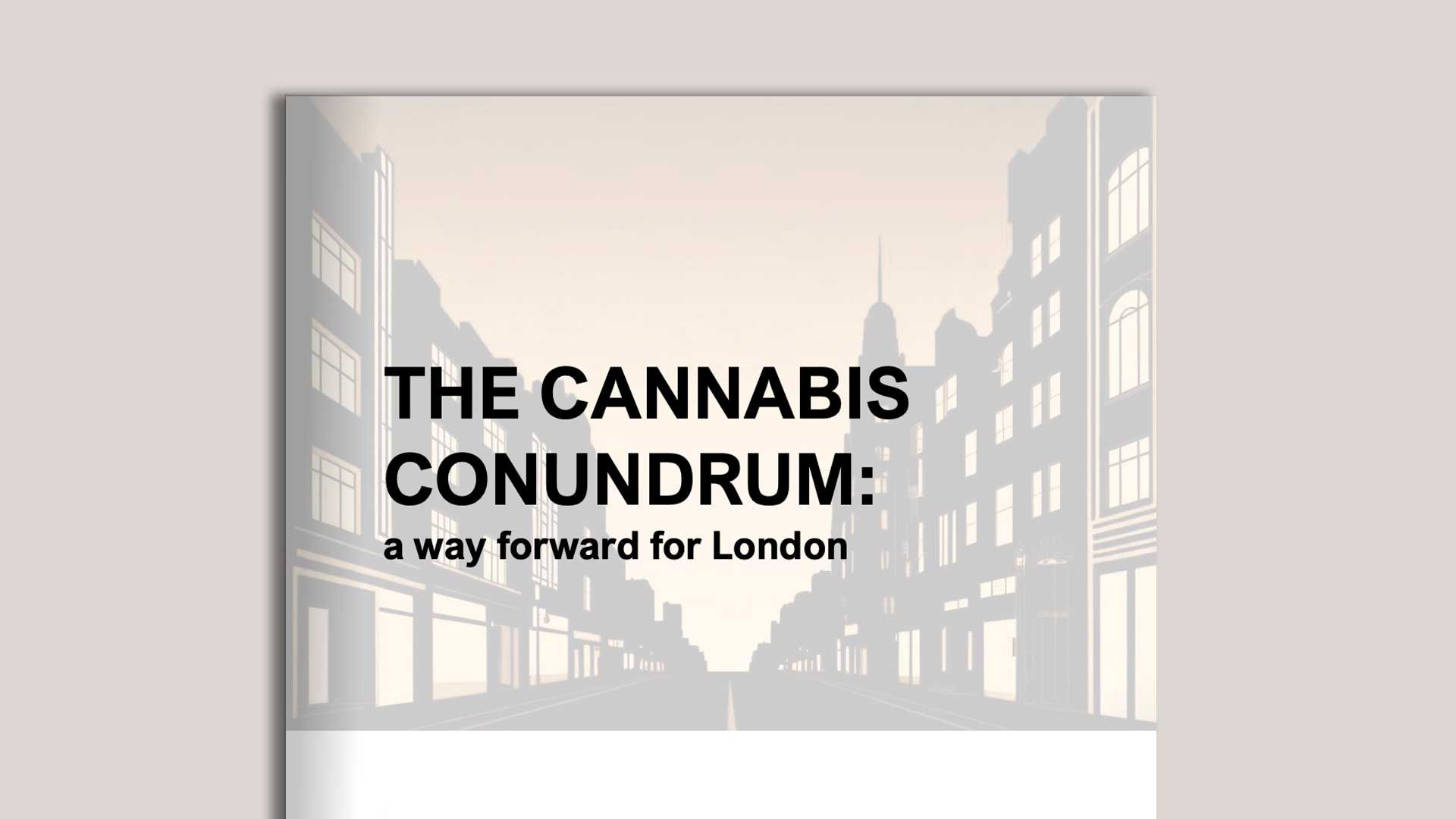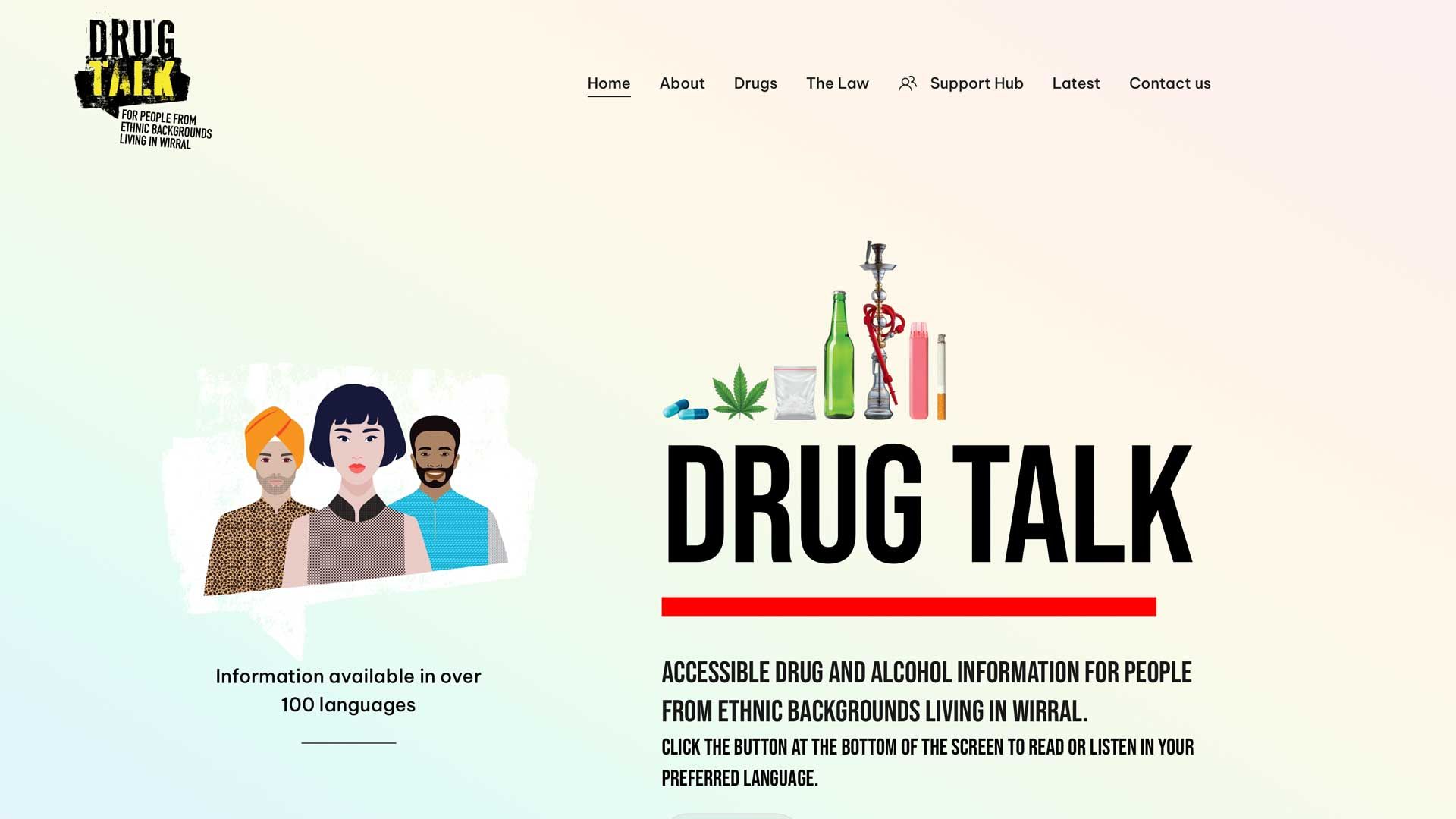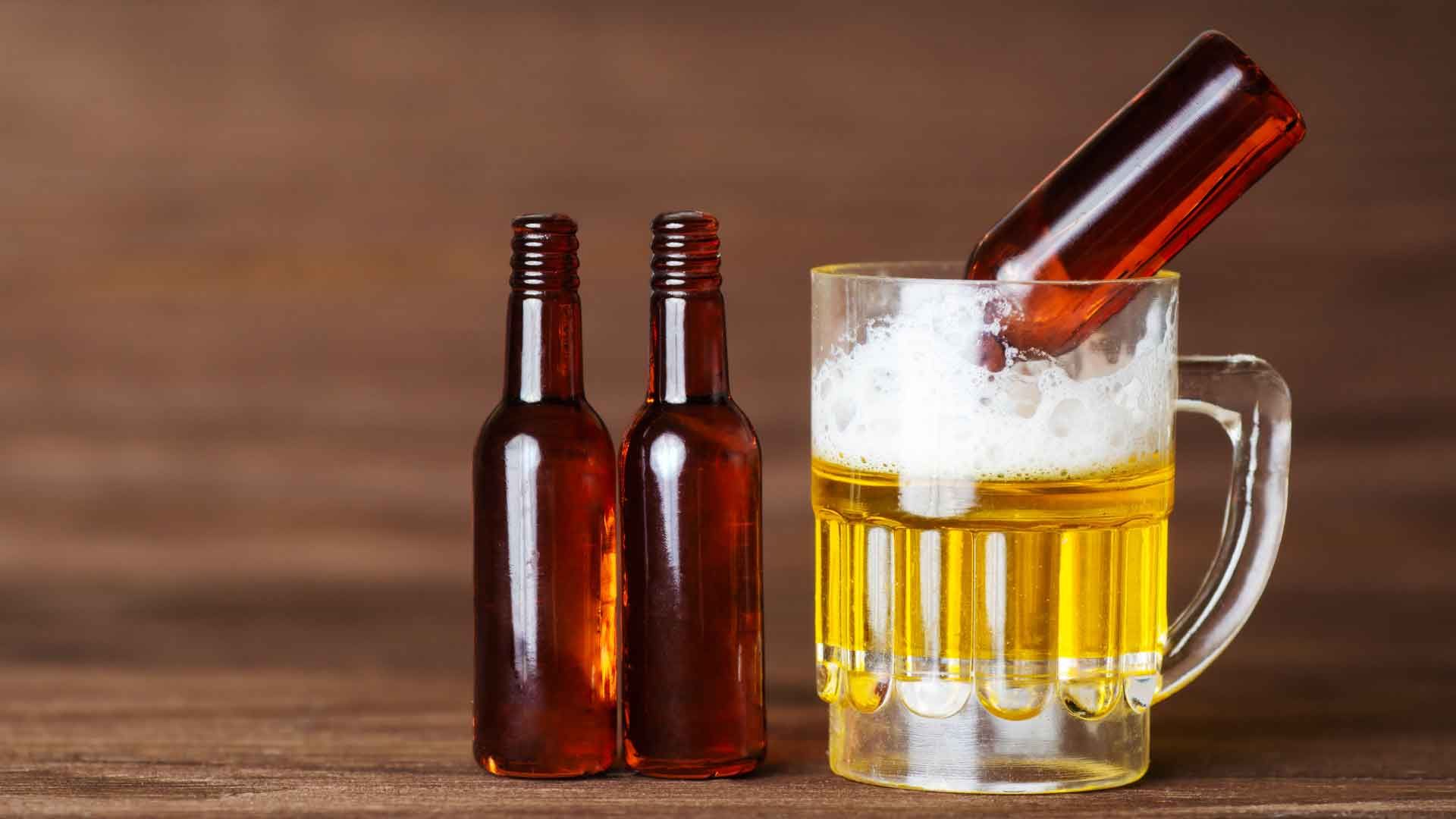The UK has seen the largest increase in alcohol-related deaths for 20 years, according to official figures
Alcohol-related deaths rose at a record rate in 2020, according to a new Government report.

Deaths related to alcohol use have risen to record rates during 2020, according to a report by the Office for National Statistics. The figures for 2020 show a higher death rate than in any years since records began in 2001. There were ten deaths per 100,00 people in 2001; the figure for 2021 stands at 14 deaths per 100,000.
Figures show that males die on average at twice the rate of females; 19 deaths per hundred thousand (5,957) for males and nine deaths per 100,000 females (3,017 deaths). That gap widens in London, where it rises to over three times that rate; 15 deaths per 100,000 people for males and five deaths per 100,000 for females.
The report found that around 80% of deaths were due to liver disease; although alcohol-related cirrhosis can take a decade or more to develop, most deaths from liver failure happen due to recent alcohol intake, a recent PHE study found.
Recorded Alcohol deaths peaked at the ages of between 55 and 59; this age range accounted for over 1550 deaths, with the youngest age range 25 -29 accounting for 46.
Speaking in the Guardian, Dr James Tucker, the head of health analysis, said: "There will be many complex factors behind the elevated risk since spring 2020.
"For instance, Public Health England analysis has shown consumption patterns have changed since the onset of the coronavirus pandemic, which could have led to hospital admissions and ultimately deaths. We've seen increases in loneliness, depression, and anxiety during the pandemic and these could also be factors. However, it will be some time before we fully understand the impact of all of these."
Charities and health experts have warned that changing drinking habits, which saw more people drinking at home during lockdown, could lead to a sharp rise in people misusing alcohol and increased demand for services.
Prof Sir Ian Gilmore, chair of the Alcohol Health Alliance - a coalition of charities and campaign groups - said the increase in deaths linked to alcohol was "devastating".
"Each of these numbers represents a life of an individual cut short by alcohol consumption and a family that has been left in mourning." He said the government must urgently introduce an alcohol strategy that addresses health inequalities, and improve access to treatment, "and stop the sale of cheap, strong alcohol that is so harmful to health."
Prof Julia Sinclair, chair of the addictions faculty at the Royal College of Psychiatrists, said the numbers were "a wake-up call to the government," and that millions more people have been drinking at levels that will affect their health and put them at risk of addiction
A Department of Health and Social Care spokesperson said: "We are committed to supporting everyone's mental and physical wellbeing through the pandemic, and we encourage anyone who is struggling to come forward for help."






















